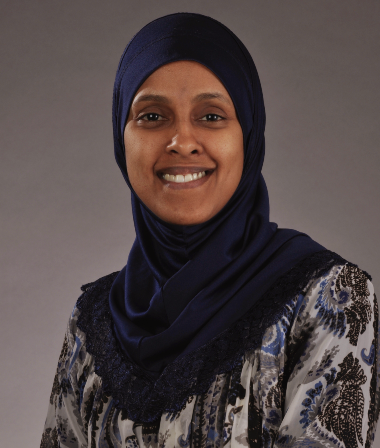Established in 2013 by a coalition of leaders from ovarian cancer advocacy groups worldwide, World Ovarian Cancer Day celebrated on May 8th is an annual event where we unite globally to raise awareness and solidarity in the fight against ovarian cancer.
The rallying cry “No woman left behind” signifies our unwavering dedication to ensuring that every woman, regardless of her background, economic status, or access to healthcare, receives the essential support, resources, and information needed for ovarian cancer prevention, detection, treatment, and survivorship.
Many of you may ask, what is ovarian cancer? Ovarian cancer originates in the ovaries, the female reproductive organs responsible for egg production, and can metastasize to other body parts if not detected and treated promptly.
Its symptoms, such as abdominal bloating, pelvic or abdominal discomfort, changes in appetite, frequent urination, and altered bowel habits, are often nonspecific. Diagnosis typically involves a combination of physical examinations, imaging tests like ultrasound or CT scans, and blood tests like CA-125 levels, with a biopsy sometimes necessary for confirmation. Genetic testing is available for patients with a family history of breast or ovarian cancer, and it influences the available treatment choices.
READ: Aga Khan University Hospital Launches Home Care Services
Ovarian cancer is categorized into stages I to IV based on its spread, aiding doctors in devising an effective treatment plan. Treatment options, including surgery to excise the tumor and affected tissues, chemotherapy, targeted therapy, and in some cases, radiation therapy, are determined by the cancer’s stage, type, and the patient’s overall health. Symptom management, encompassing medication, nutritional support, pain relief, and counseling, is integral to the treatment process.
Patients may have opportunities to enroll in clinical trials, exploring innovative treatments and combinations. Emotional support through family, friends, healthcare providers, support groups, and counseling is crucial in coping with the diagnosis. Post-treatment, regular follow-ups, comprising physical exams, imaging, and blood tests, are vital for monitoring any recurrence or complications. Various organizations offer information, advocacy, and support for ovarian cancer patients and their loved ones.
As healthcare professionals, it’s imperative to uphold the spirit of “No woman left behind” by empowering our patients throughout their cancer journey, providing comprehensive care, and advocating for their needs and well-being.
The Writer, Khadija Warfa, is a Consultant Obstetrician Gynaecologist & Gynaecologic Oncologist at Aga Khan University Hospital, Nairobi.





